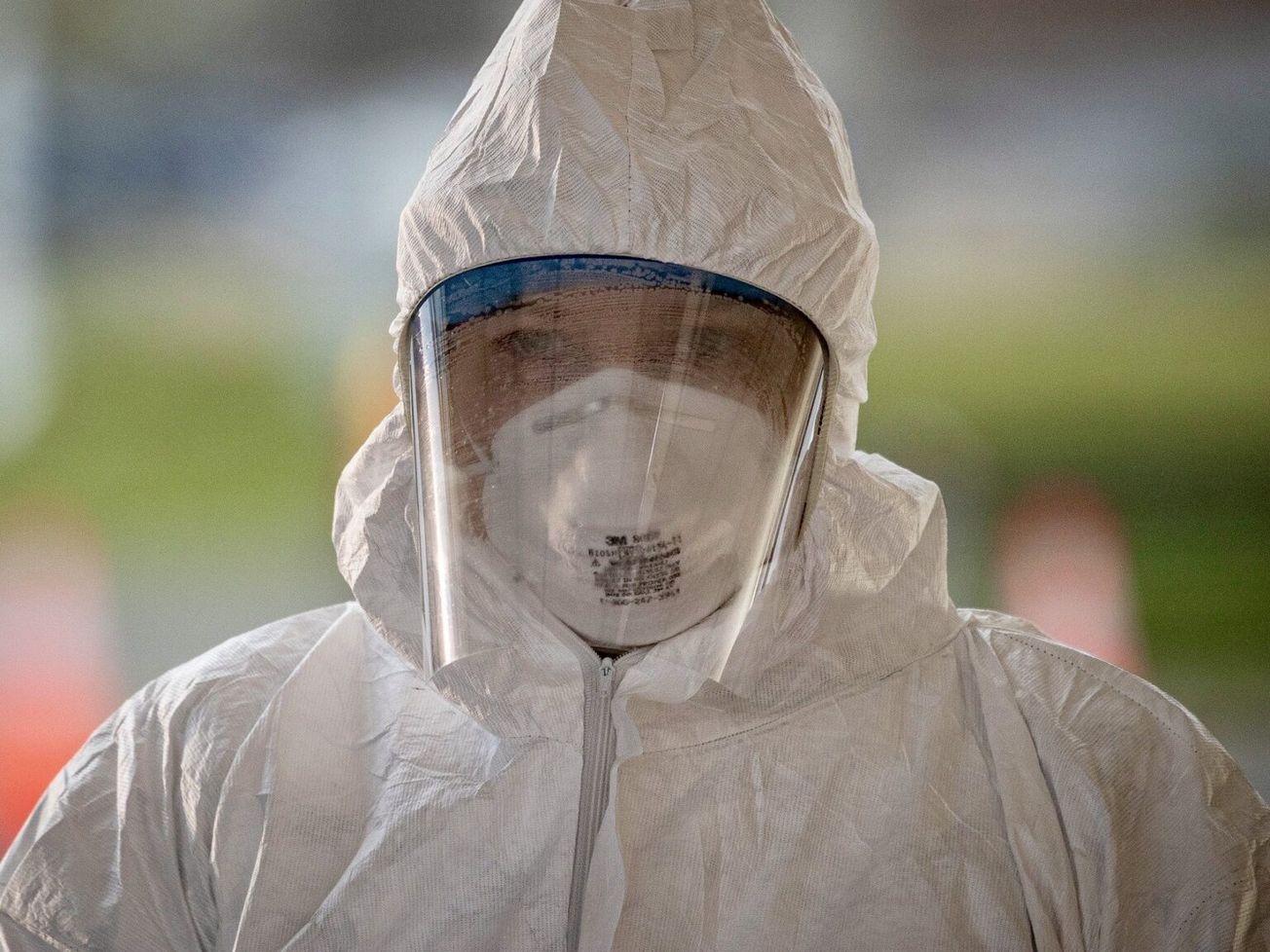UNITED NATIONS (AN) — The U.N. General Assembly voted 169-2 to approve its third coronavirus-related resolution despite opposition from the United States and Israel on Friday, exactly six months since the World Health Organization declared the world faces a pandemic.
The 193-nation assembly's non-binding resolution, drafted by Afghanistan's U.N. Ambassador Adela Raz and Croatia's U.N. Ambassador Ivan Šimonović, calls for "intensified international cooperation and solidarity to contain, mitigate and overcome the pandemic and its consequences.”









